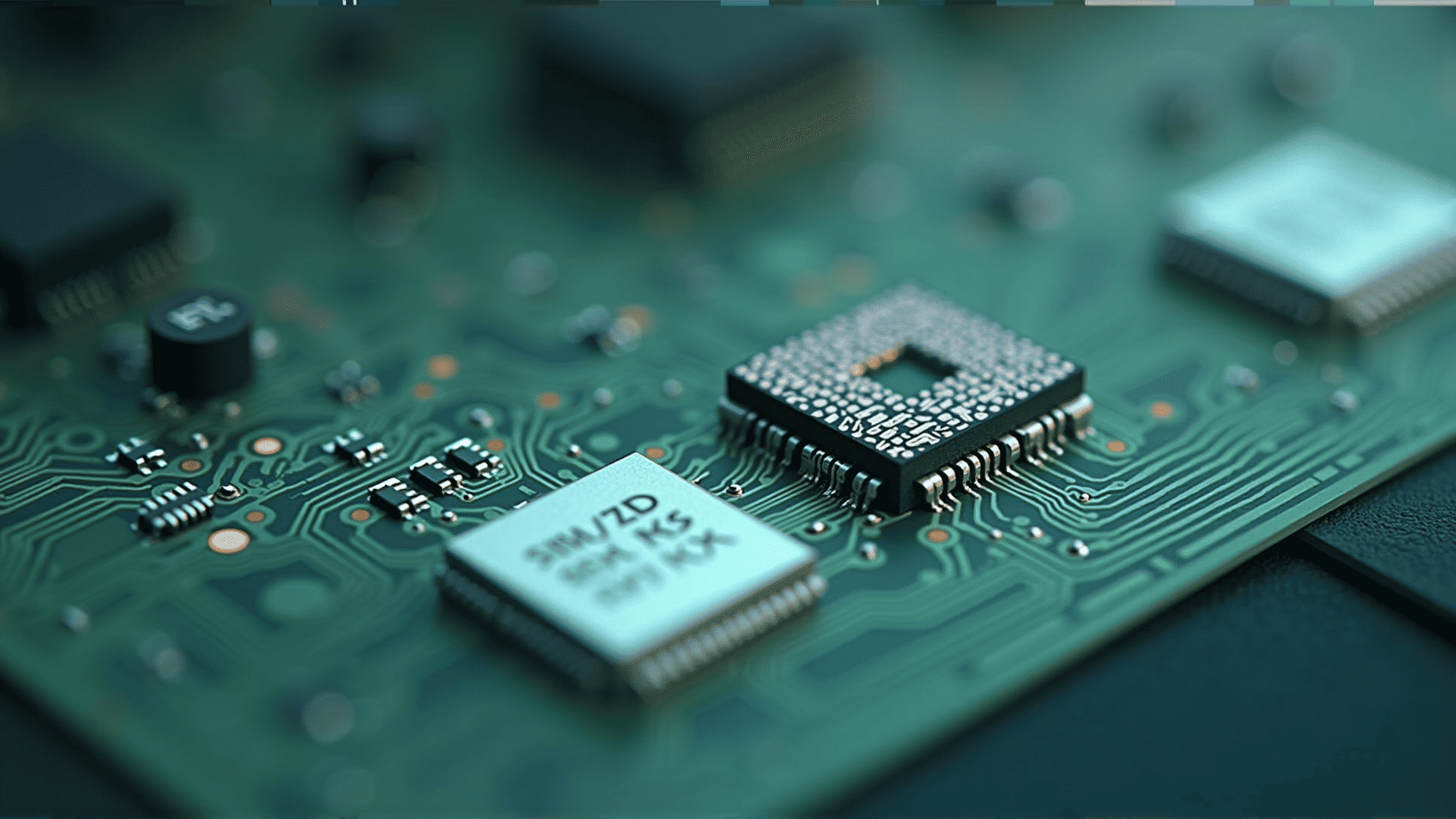In recent years, the breathtaking advances in nanotechnology have initiated a revolutionary wave across various industries, with electronics being one of the most profoundly impacted. As we delve into the tiny world of nanoscale structures, we have unlocked possibilities that are fundamentally transforming electronic devices, enhancing their capabilities, and setting the stage for next-generation technologies.
At the core of this transformation lies the ability to miniaturize components to the nanometer scale, where one nanometer is a billionth of a meter. This unprecedented level of miniaturization is not merely about reducing size; it is about augmenting the performance of electronic devices in ways previously thought unattainable. By exploiting the peculiar properties of materials at the nanoscale — where quantum effects become significant — researchers and engineers are developing components that are faster, more efficient, and far more powerful.
One of the most immediate and visible impacts of nanotechnology in electronics is the development of smaller, faster, and more energy-efficient transistors. The relentless push by the semiconductor industry, famously encapsulated by Moore's Law, has driven the need for more transistors in ever-smaller spaces on integrated circuits. Nanotechnology has provided the tools and methods to continue this trend, as manufacturers employ novel materials like graphene or carbon nanotubes to construct transistors that operate at much lower voltages, thus significantly reducing energy consumption and heat production.
Beyond transistors, nanotechnology is advancing the development of novel storage solutions. Take, for example, the burgeoning field of resistive random-access memory (ReRAM) and phase-change memory (PCM), which promise faster data retrieval and unprecedented storage densities. These nanoscale storage devices rely on tiny matter configurations to store data, offering vast improvements over traditional flash memory in terms of speed, durability, and energy efficiency.
Another promising application of nanotechnology is in the development of flexible electronics. Traditional electronics require rigid components, but by using nanoscale materials such as conductive polymers, it is possible to create electronic circuits that are bendable, stretchable, and even wearable. This advancement is leading towards a future where smart clothing, flexible displays, and seamlessly integrated wearable technology become commonplace. Imagine a tablet you can roll up into your pocket or a health-monitoring patch worn like a second skin — these imaginations are well on their way to reality, thanks to nanotechnology.
Furthermore, nanotechnology is playing a crucial role in enhancing the energy efficiency and sustainability of electronic devices. Nanomaterials such as quantum dots have shown great promise in photovoltaic applications, significantly boosting the efficiency of solar panels. Similarly, nanotechnology is pioneering new ways to develop better battery technologies by increasing storage capacities and charging speeds while reducing weight and enhancing safety, crucial for mobile and wearable electronics' energy demands.
The integration of nanotechnology in electronics is also setting the stage for novel computing paradigms, including quantum computing. By manipulating materials at the quantum level, we are developing qubits that perform complex calculations exponentially faster than traditional bits. Although in its infancy, quantum computing illustrates the vast potential nanotechnology holds for redefining what we perceive as possible in the realm of computing.
In conclusion, nanotechnology stands at the vanguard of the electronics industry's future, fundamentally reshaping devices through reduced dimensions and enhanced functionalities. As researchers continue to unlock the mysteries of the nanoscale world, we are likely to witness an era of unparalleled technological progress and innovation, heralding smarter, faster, and more efficient electronic devices that will permeate every aspect of our lives. The future unveiled by nanotechnology is one of vast potential, limited only by our imagination and ingenuity.
